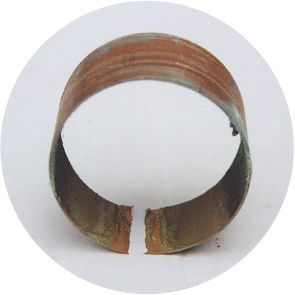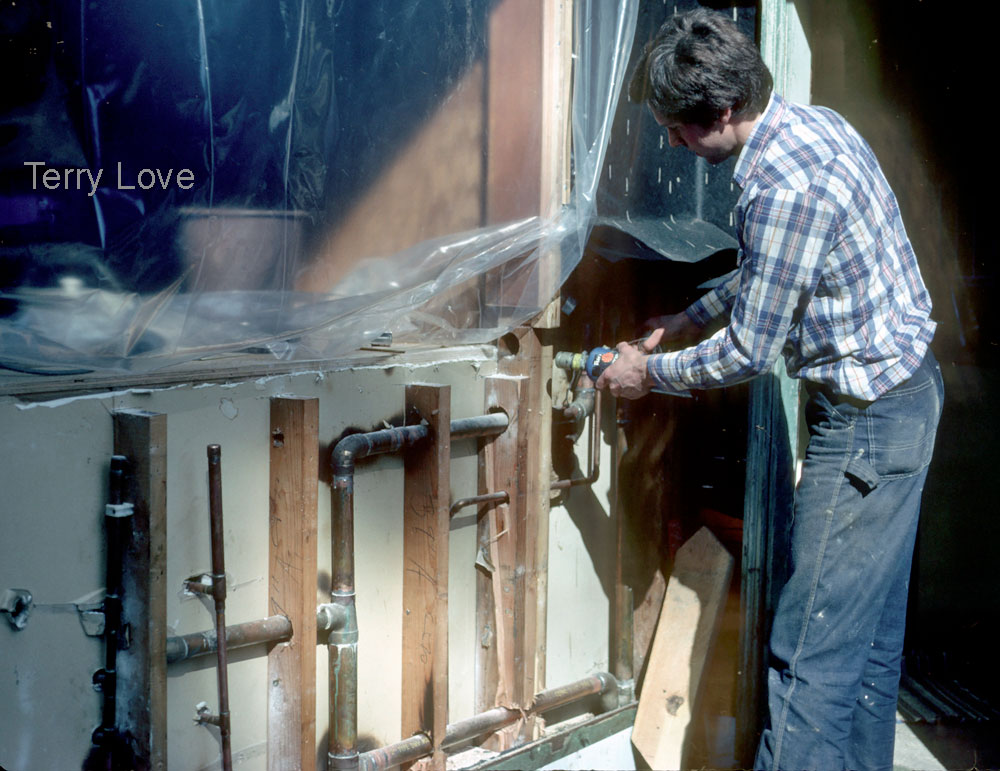WorldPeace
Member
I've been reading a popular plumbing book by Hemp. He suggested making the kitchen drain assembly completely out of copper all the way up to the main drain/sewer and then insulating it. He found that it decreases the chances of clogs because copper retains heat better. He did admit that this is more expensive.
Has anyone tried this? Also, where can you purchase copper kitchen P-traps. I can't seem to locate any with compression fittings. Wondering how much more they are.
Has anyone tried this? Also, where can you purchase copper kitchen P-traps. I can't seem to locate any with compression fittings. Wondering how much more they are.



